Women to the front
Dana Lu
creating her own
seat at the table
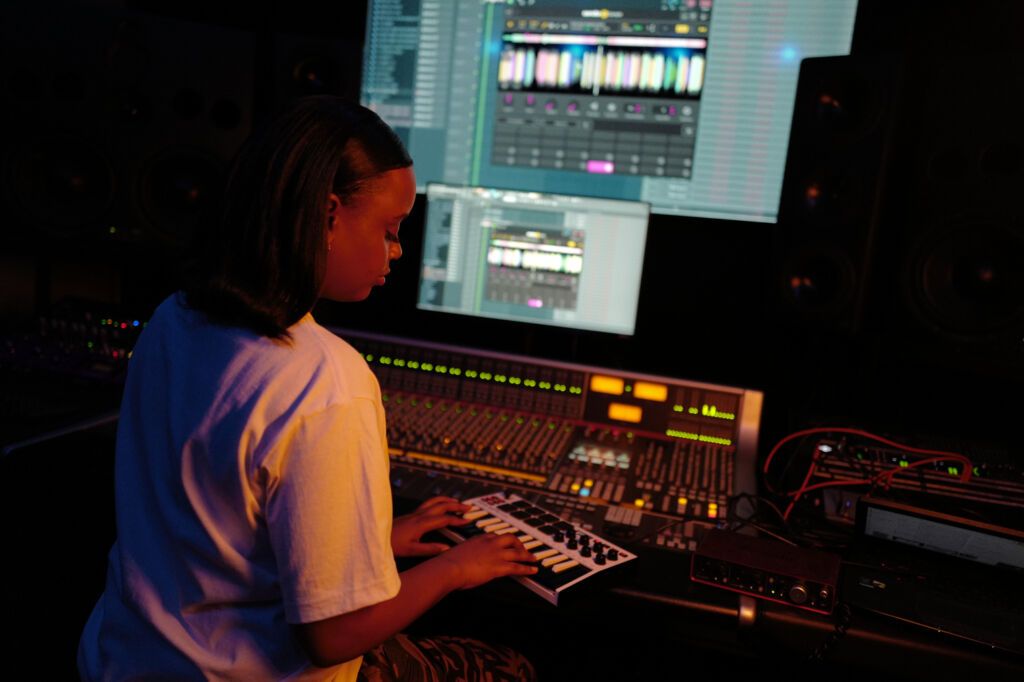
Meet Dana Lu, the Dominican-American producer and DJ who’s all about mixing it up. Whether she’s dropping beats at a Boiler Room set or hyping up the crowd at Everyday People in Brooklyn, Dana’s got a knack for blending house, Jersey Club, Dembow – whatever gets the party started.
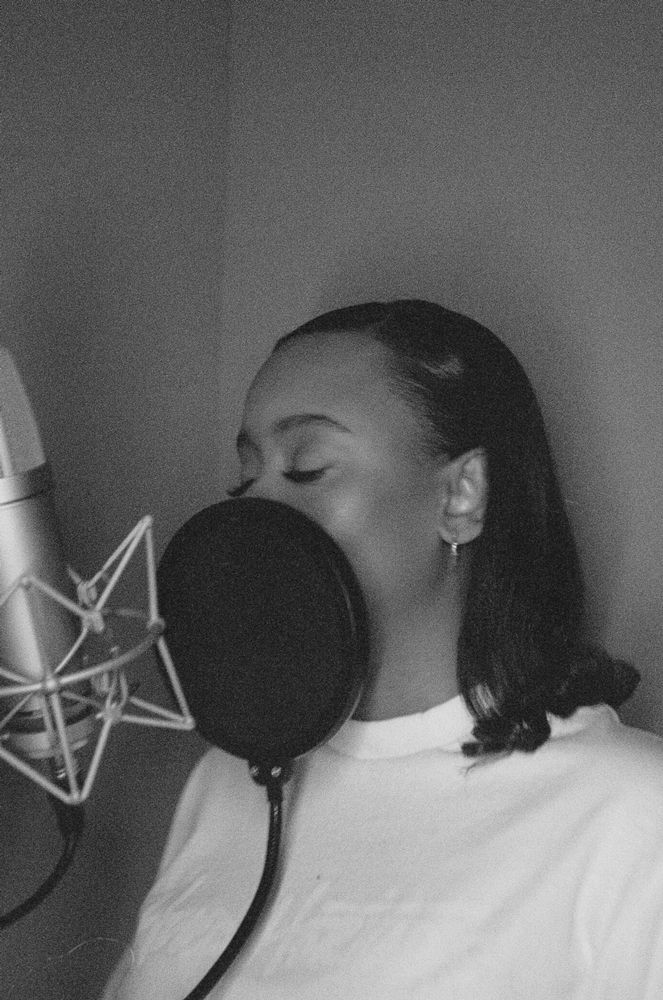
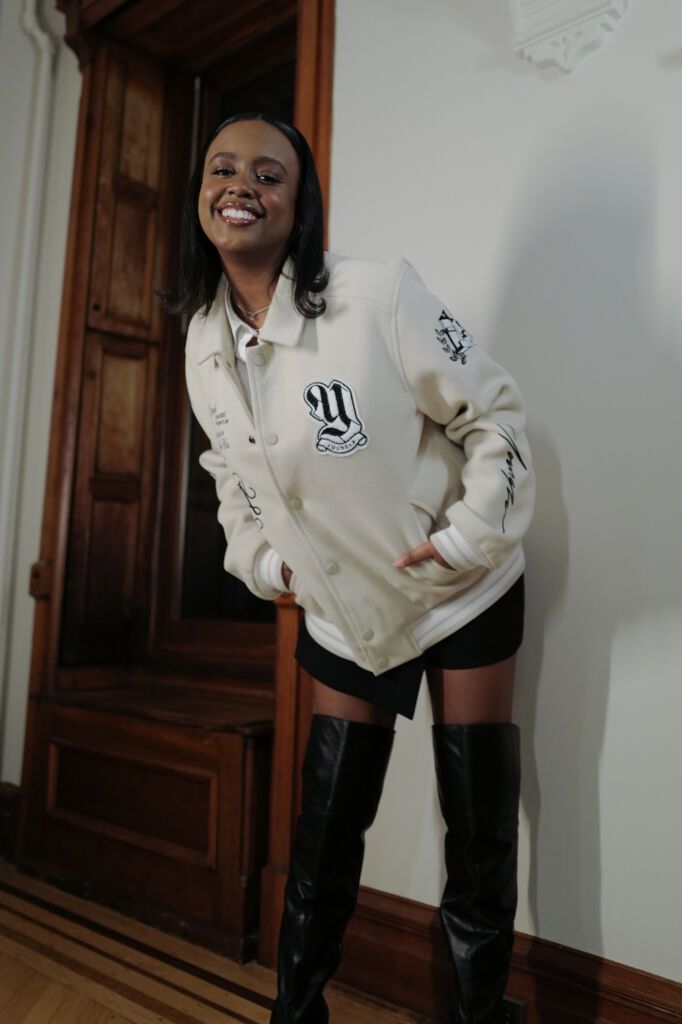
Fueled by a desire to dismantle the status quo and illuminate the path for others, Dana’s journey is a call for diversity and representation in the music industry. Her work—an energetic blend of global dance sounds guaranteed to pack a dancefloor—serves as a bridge connecting varied musical traditions with the lived experiences of black and brown communities. In conversation with Serato, Dana Lu unpacks her inspirations, her battles against systemic barriers, and her unwavering commitment to be the change she wants to see. Dana Lu is a name you’ll want to remember, a force of nature ready to take the world by storm.
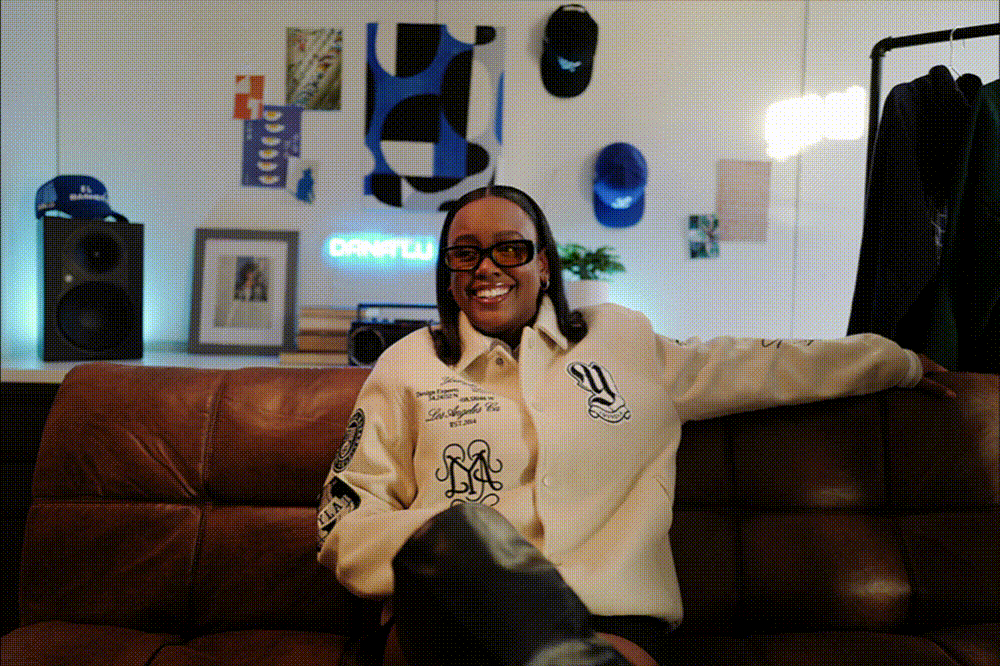
Q: What inspired you to get into music?
A: When I was in college, I used to look up a lot of the EDC festivals all over and the major dance music festivals out in Europe. There weren’t really that many women of color on those festival stages. I wanted to change that. I really want to show other Brown and Black girls that this is doable. Here I am three EPs in, and I have a whole lot of remixes out. Some of my remixes have landed on the radio on Hot 97 SiriusXM, all over Half Moon radio – you name it. I’m still working towards my dream to touch those major big stages. I really just want to put on for my community and show that the representation is there.
“There weren’t really that many women of color on those festival stages. I wanted to change that. I really want to show other Brown and Black girls that this is doable.”
Q: Where does your inspiration come from?
A: My Inspiration came from growing up with Missy Elliott and M.I.A. More with Missy Elliott because I was always so fascinated by her resilience, her uniqueness, and how she was always pushing forward and doing things that were not considered normal. She was always taking a chance or a risk and showcasing her creativity as a Black woman.
Dana Lu’s discography, including the energetic ‘Girls Having Fun’ EP and the globe-trotting ‘Worldwide Link-Up’, showcases a producer unafraid to experiment, blend genres, and tell stories that resonate with a universal audience.
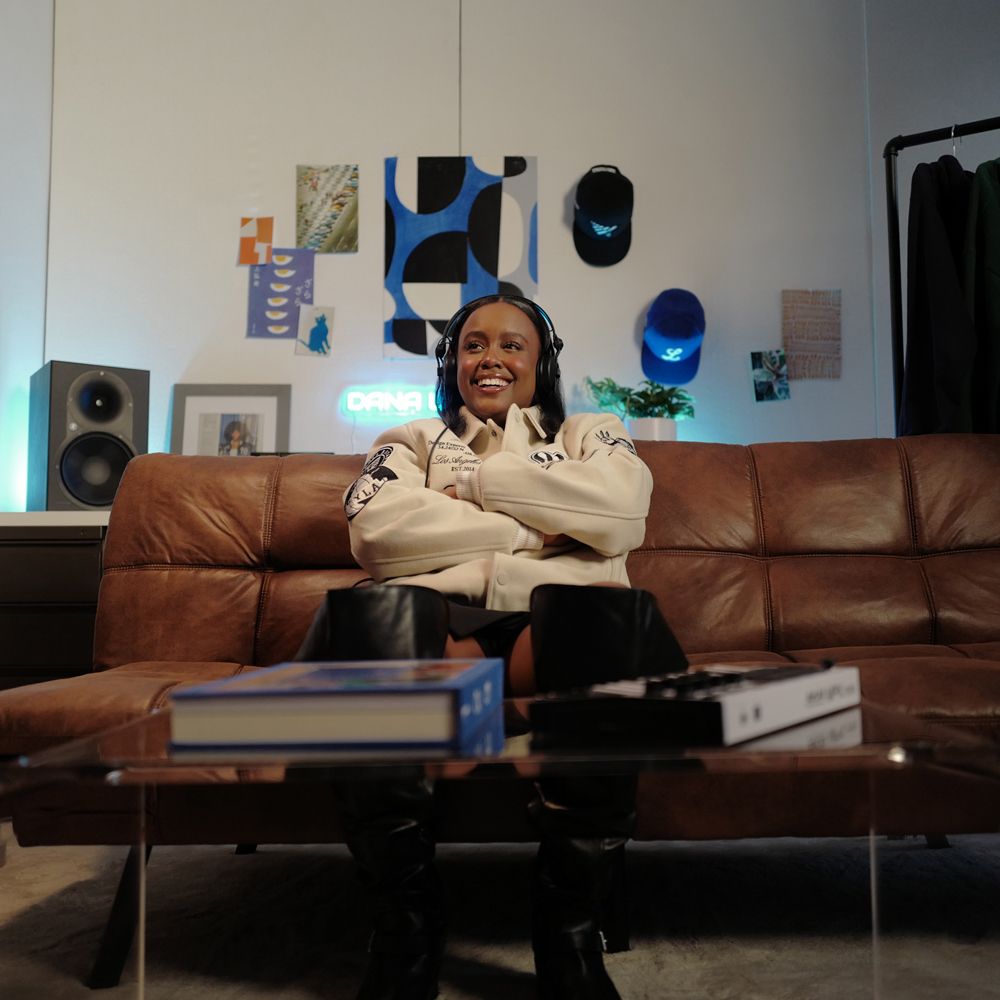
Q: Could you tell us about your sound?
A: My sound is more of within the Global Dance side. I like to include at least more than one genre within my productions. For example, I have a record called Chapiadora! which means “gold digger” in Dominican slang. I also have Funk elements and Jersey Club elements, so my production style stems from multiple genres that I either play as a DJ, grew up listening to, or that I’m influenced by – I’m always incorporating global sounds.
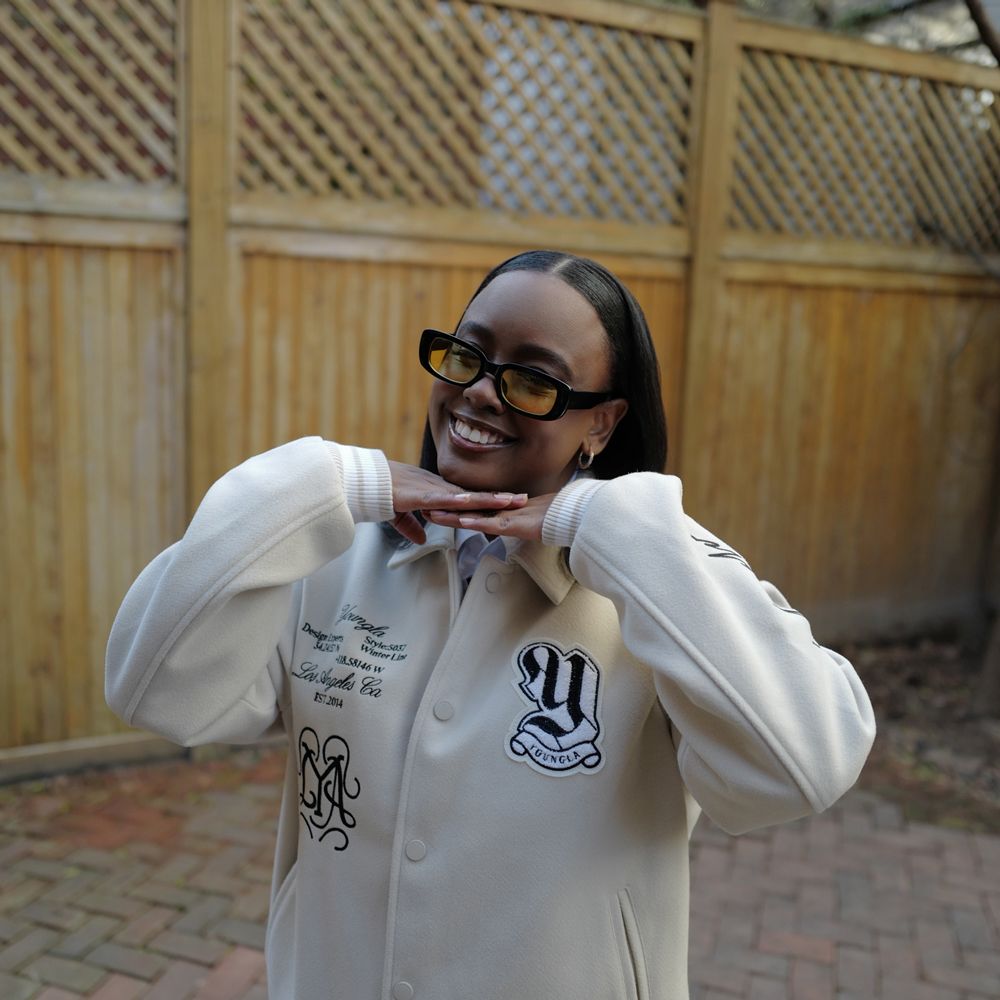
Like many Black women in the industry, in Dana Lu’s journey, colorism has been an undercurrent, a hurdle she’s faced quietly but persistently. As an Afro-Latina in music, these challenges have shaped her career, yet she’s navigated through them with grace, making her mark in an industry that’s slowly recognizing its need for diversity.
Q: Has colorism played a role in your journey in music?
A: When I first got my start, the bouncers wouldn’t even believe I was a DJ. Let’s start there. They wouldn’t want to let me in. It would get to the point where I would have to call the promoter who booked me at the time to come get me at the door. I’ve even had bouncers, press me about my identity within certain spaces and question my identity and who I am. They wouldn’t believe that I am of Dominican descent. When I was coming up there weren’t as many women DJs as there are now. They were there, but not as much as they are now, I have to reiterate that. It was very tough – a major boys club. I’ve had to develop thick skin and not take things personally. If I took every single thing that has happened to me personally, I would not be sitting here in this year right now speaking with you.
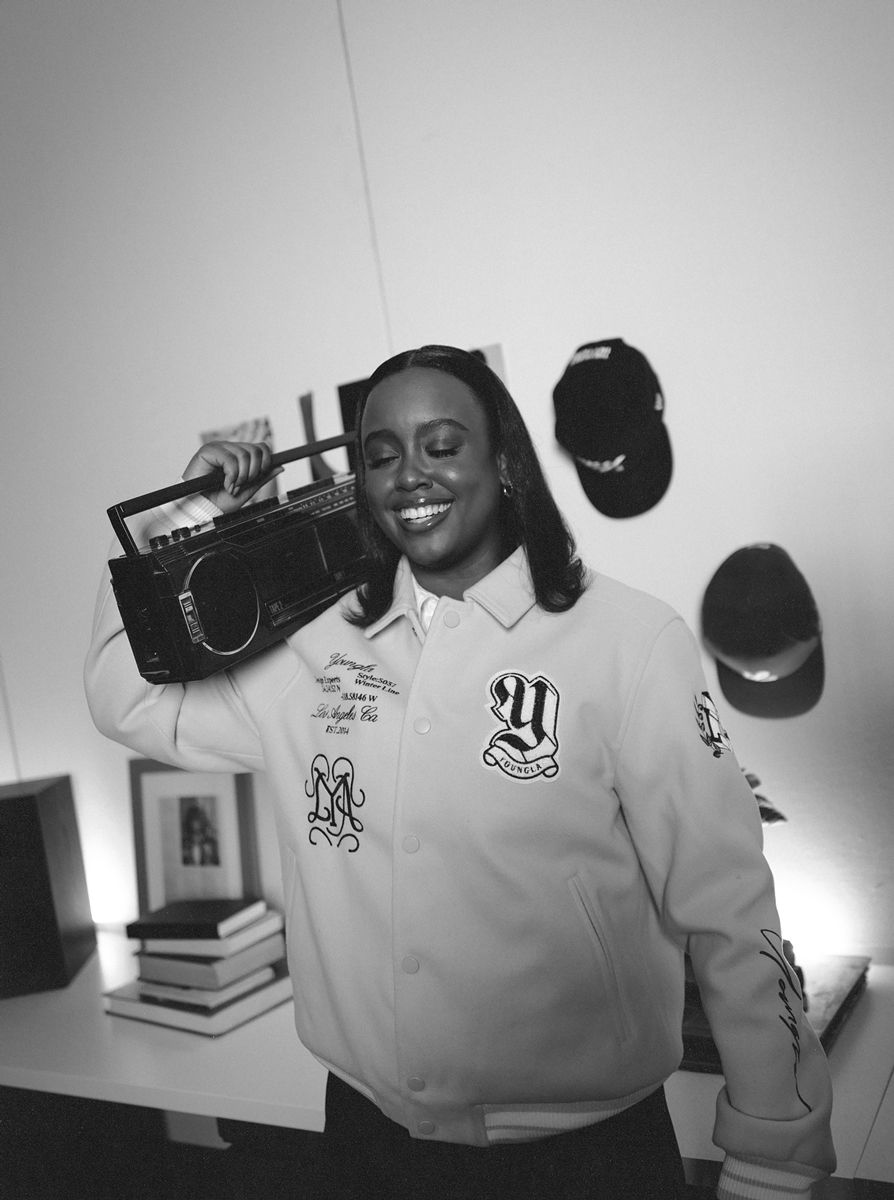
I’ve faced a lot of trials and tribulations, a lot of doors slamming in my face, and not being provided with opportunities that maybe someone else would get who is lighter than me, but that’s the world that we’re in. Fortunately, I was able to build my own table and, on top of that, build my own seat at the table, which has been much more rewarding. And I say fortunately now because the power was landed in my hands. I didn’t have to rely on anyone else to take my career somewhere. That person was me. I did that for myself – and that made me stronger and wiser. If I could speak to my 20-year-old self, I would tell her, “Hey listen, these people are treating you this way, but you have the resources, the tools, and the support to build your own road.” I will say that being a black woman is very exhausting, but It’s very rewarding because we are powerful and we are a force to be reckoned with. We are here and no one can ever take that away from us. We’re not going anywhere.
“I want the people that look like me to reference me and say “hey, I was inspired by her.”
Q: Why is female representation important in music, especially as an Afro-Latina?
A: It’s important because it gives the next little girl hope that they can do it one day. I want the people that look like me to reference me and say, “Hey, I was inspired by her”. When you look at certain genres, there aren’t a lot of Afro-Latina women who are of a certain caliber when it comes to status and being a producer, so I want to change that. I want to be one of the examples that a little young person or anyone can reference and say if she can do it I can do it as well. And again, you don’t have to be young, you can be older too. The beauty of music is it has no limit, you can do this.
Q: What message do you have for people who want to get into music but are scared of taking that first leap forward?
A: I really just want to amplify to whoever’s gonna be reading this, this is your sign and your message to go forward with whatever you want to do. If it’s within the music industry, you can do it. The internet is a blessing and a curse, right? But the internet has made it easier to make your dreams come true.
Dana Lu’s journey is a testament to the power of perseverance, creativity, and the importance of carving out spaces for underrepresented voices in the music industry. Not only is her story inspiring; it’s a call to action for all of us to support and amplify diverse talents, ensuring a richer, more inclusive musical world for generations to come.
Want to hear more stories from Women to the Front? Check out the feature article here.

